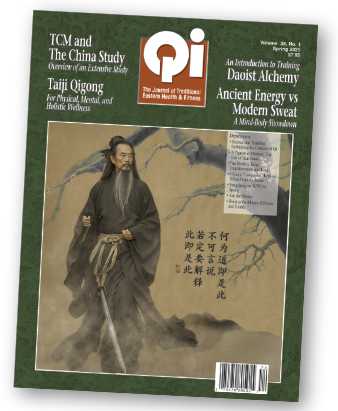What to Expect from a TCM Consultation
(Even If You’re Already Seeing a Doctor)
If you’re curious about Traditional Chinese Medicine (TCM) but unsure where to begin, you’re not alone. For many people in the West, the idea of visiting a TCM practitioner feels unfamiliar—even a little intimidating. Acupuncture may be the only thing you’ve heard of, and herbal medicine might seem mysterious or overwhelming. But in reality, a TCM consultation is gentle, personal, and centered on supporting you as a whole person—not just your symptoms.
This article offers a friendly guide to what you can expect, especially if you’re already under the care of a conventional doctor.
A Different Kind of Intake
A TCM consultation usually begins with a longer conversation than what you might find in a typical doctor’s visit. You’ll be asked not only about your main complaint, but also about your sleep, appetite, digestion, emotional health, menstrual or urinary cycles, energy levels, and even your temperature preferences. These questions may seem unrelated, but in TCM they help the practitioner identify your pattern of disharmony—a personalized roadmap for understanding how your body’s systems are working together or falling out of sync.
You’ll likely be asked to show your tongue and allow the practitioner to feel your pulse—not just to count beats, but to assess strength, rhythm, and quality. These diagnostic tools help reveal imbalances that might not show up on lab results or scans.
There is no rush. This approach values time, observation, and building a relationship with your unique constitution.
Yes, You Can Bring Your Medical History
If you’re already seeing a doctor, managing a chronic condition, or taking medication, your TCM practitioner will want to know. Many acupuncturists are trained to work alongside Western care, and they can adjust their treatments or herbal recommendations accordingly. Bring a list of your medications, diagnoses, or recent lab results if you have them. It’s not required—but it can help guide the treatment.
In many cases, TCM is not a replacement for conventional care—it’s a complement. Whether you’re being treated for high blood pressure, IBS, arthritis, or insomnia, a TCM practitioner will often work in parallel, supporting your system gently from another angle.
If You’re Trying Acupuncture
Most first-time visitors start with acupuncture, because it’s more familiar than herbal medicine. During your session, very thin needles (about the width of a hair) are placed in specific points to move Qi (vital energy), calm the nervous system, or nourish weak systems. The sensations are usually mild—dull, tingling, or warm—and many people feel deeply relaxed during treatment.
You’ll lie still for 20–30 minutes, typically under a blanket, in a quiet room. Some clinics offer music or dim lighting. Acupuncture is not supposed to hurt—and if anything feels uncomfortable, the practitioner will adjust.
Herbal Medicine Is Personalized
In the U.S., most herbal formulas are recommended by licensed acupuncturists who are also trained in Chinese herbal pharmacology. You may be offered herbs in pill, powder, or tea form. These formulas are not one-size-fits-all—they’re selected based on your specific presentation and often adjusted as your condition changes.
If you’re not ready for herbs yet, that’s okay. Many patients start with acupuncture and add herbal support later.
It's Okay to Ask Questions
You don’t need to understand Chinese philosophy or use TCM vocabulary to benefit from the care. You can simply say what’s bothering you, and a good practitioner will explain their recommendations in plain language. The goal is not to replace your medical care—but to support your system with centuries of clinical experience and a thoughtful, whole-body perspective.
How to Find a TCM Practitioner
If you're considering trying TCM, it’s important to find a qualified practitioner. In many U.S. states, acupuncturists are licensed through a state board and may also be nationally certified by organizations like the NCCAOM (National Certification Commission for Acupuncture and Oriental Medicine). However, licensing requirements vary—so check your state’s guidelines and look for someone with formal training in both acupuncture and Chinese herbal medicine if you’re interested in both. Don’t hesitate to ask about a practitioner’s education, experience with your condition, or whether they’re comfortable working alongside your existing medical care. A good practitioner will welcome your questions.





